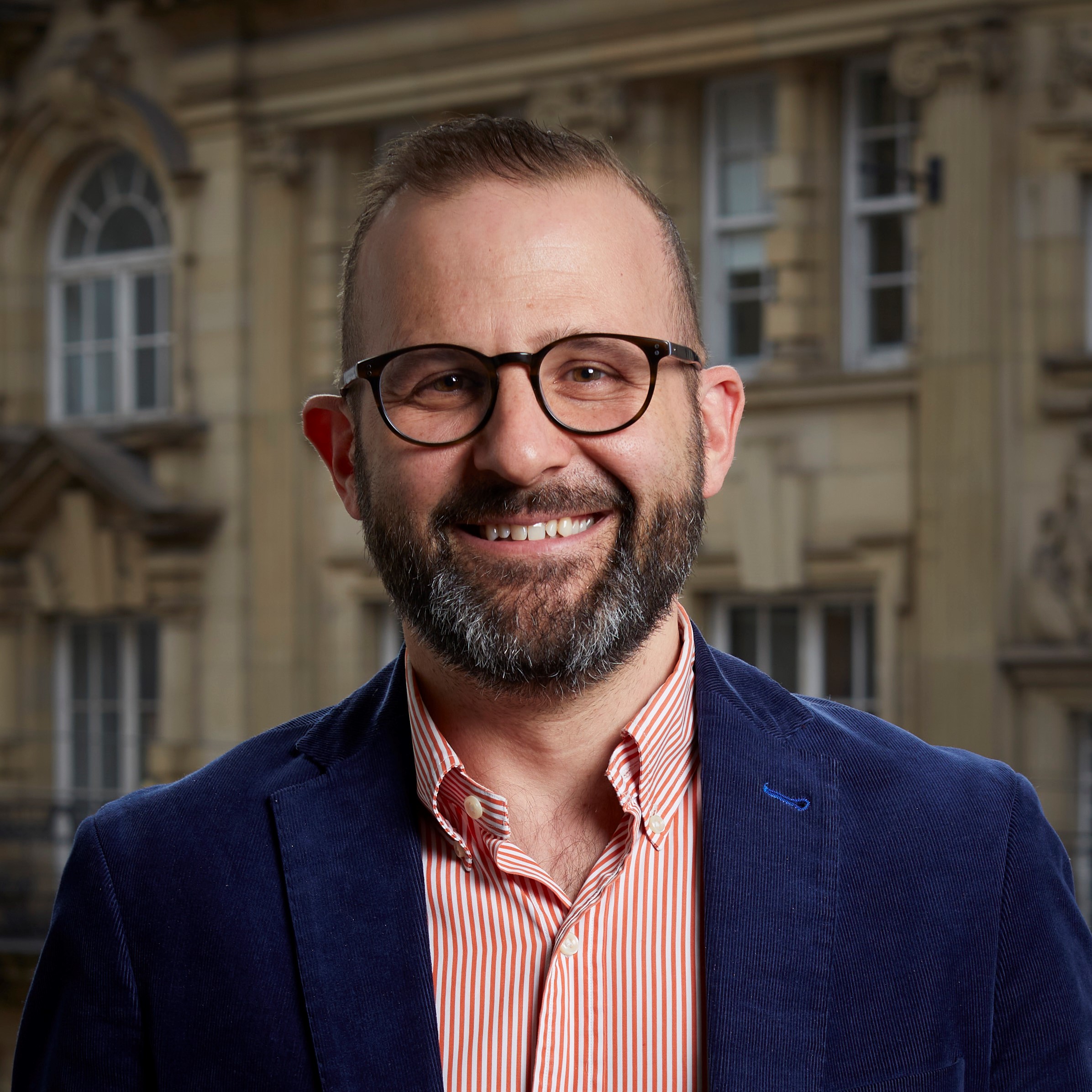OPL in Legal Tech-led ‘Marriage of Equals’ Between London and Budapest

Miklós Orbán
Like the skyscrapers that tower over them, the Anglo-Saxon duopoly of New York and London tends to have an overpowering impact on the legal landscape, making it very hard for law firms from Central and Eastern Europe to carve out recognition. But legal tech may offer a chance for local heroes to join the club and shine.
“For 10 years, I have been trying to push legal innovation in London, but I often bumped into roadblocks because of our region’s reputation. But doing legal tech out of Budapest is credible,” says Miklós Orbán. “The IT industry has already paved the road for that,” he adds.
The co-founder of OPL, which celebrated its 10th birthday last year, Orbán is a self-confessed legal innovator. He also has a very different take on what a law firm should look like from the traditional model. Those two factors have led to a partnership with the London-based Gunnercooke.
“It is a challenger law firm in the United Kingdom, built on a very different financial model. If you spend some time on their website, you will see how different they are. It is almost the antidote to a traditional big law firm,” he says with a laugh.
“We didn’t want to sell out and just become a branch office. We wanted to be equals.” Orbán says the relationship stands on two pillars.
“One is to build up a [Gunnercooke] presence in every CEE country,” Orbán explains. “The other is legal tech. Together with their 40-plus operating partners who are not lawyers, Gunnercooke football, Gunnercooke private equity, as well as many other ventures, and equipped with our legal tech boutique, Gunnercooke is finally becoming the first legal ecosystem. And they needed legal tech to do this as much as we need them to push OPL to the next level.”
The two firms are building a joint venture, with the Hungarian-U.S. qualified lawyer taking up a role in the London firm’s leadership team as the chief technology officer, with a remit to develop legal tech for Gunnercooke and its clients.
Marriage of Equals
A marriage of equals means the OPL name will continue to exist, but Orbán also has an interesting opinion on that.
“Brands matter less than people think in legal work. The client relationship is driven not by the brand but by the lawyer. Maybe 20 or 30 years ago the brand mattered more, and perhaps for some institutional clients, it still does, but most clients are portable and will move with the lawyer from law firm to law firm, which are becoming more like platforms.”
There are plenty of other areas where Orbán takes a less than traditional view. Take education; he spends part of his time at the University of Surrey, where he teaches algorithmic bias, “one of the most important legal issues of our age. But I am also involved in reconsidering the law school’s curriculum: a fascinating exercise.”
Many schools focus on specific skills, the more progressive on business or tech, but the key, he argues, is to be multi-disciplinary.
“Lawyers need to learn the basics of many disciplines: business, finance, HR, not to mention data and computer sciences. Part of their training should be to work with non-lawyers on issues that are not purely legal. Law is not some isolated reality: how can you help your client if you don’t understand what they do?”
He also thinks the law should be made more understandable. Think of how dense almost any legal document is.
“Basically, we have made up a language only we understand, which gives us a sense of privilege,” he argues. He developed software that measures the readability of legal texts and is now busy with his students to port it to the English language. Little surprise, then, that he firmly believes legal tech is the defining trend for law in the immediate future.
“Computers took over certain functions from humans in every industry, including the law. There are more administrative duties in a law firm than 25 years ago but far fewer non-fee-earners. Lawyers had to become more efficient in their work, and it was the computers that helped them in that process.” And he thinks much of the demand for tech solutions is driven by in-house legal counsels.
Exposure and Opportunities
“In the 1970s, all the trends in the legal world were driven by a few law firms in New York, whether we are talking about IPOs or mergers and acquisitions. Now, most law firms are lagging behind their clients. In-house counsels are a decade ahead of their external colleagues in business focus and tech-savviness. They are being pushed by their superiors to be faster, more efficient, and transparent.”
That explains to rise in legal tech consultancies, Orbán says. But while these can help identify areas where digitalization could be brought in, they generally end up selling third-party software that may not be the best fit.
“We develop only tailor-made solutions that you do not have to learn over several months to get the full benefits. Our legal tech is designed to do the job you need it to do and is, therefore, much more intuitive.”
Hungary may be at the cutting edge when it comes to legal tech, but it enjoys a less good reputation around the rule of law, he argues. Orbán thinks this is part of a broader trend of not wanting to step above the parapet, and he is deeply irritated by the response of his profession.
He contrasts this with Poland, where the government is also at odds with the European Commission, but where he says 200 partners from the top law firms paid for an ad protesting legislation that threatened the independence of the judiciary.
“We should stand up for certain principles and do something for the common good,” he concludes. “What strikes me in the IT world is the amount of open-source software available for everyone: operating systems, computer languages, and complicated software are made with no monetary benefit. Some dedicated lawyers provide services for free, but our profession sacrifices so little in comparison. If there is one thing we should learn from IT, it should be this.”
Background Bio
Miklós Orbán is a qualified lawyer in New York and Hungary and has been in the legal industry for more than 20 years. He graduated from ELTE Law School, then earned his Master’s degree at Georgetown University as a Fulbright Scholar. Before Orbán co-founded OPL in 2011, he spent several years at international law firms in London and Budapest, then served as British Telecom’s regulatory director in 25 countries for seven years. He mentors law students at the Queen Mary University of London and is an Institute of Advanced Studies Fellow at the University of Surrey.
This article was first published in the Budapest Business Journal print issue of June 3, 2022.
SUPPORT THE BUDAPEST BUSINESS JOURNAL
Producing journalism that is worthy of the name is a costly business. For 27 years, the publishers, editors and reporters of the Budapest Business Journal have striven to bring you business news that works, information that you can trust, that is factual, accurate and presented without fear or favor.
Newspaper organizations across the globe have struggled to find a business model that allows them to continue to excel, without compromising their ability to perform. Most recently, some have experimented with the idea of involving their most important stakeholders, their readers.
We would like to offer that same opportunity to our readers. We would like to invite you to help us deliver the quality business journalism you require. Hit our Support the BBJ button and you can choose the how much and how often you send us your contributions.









